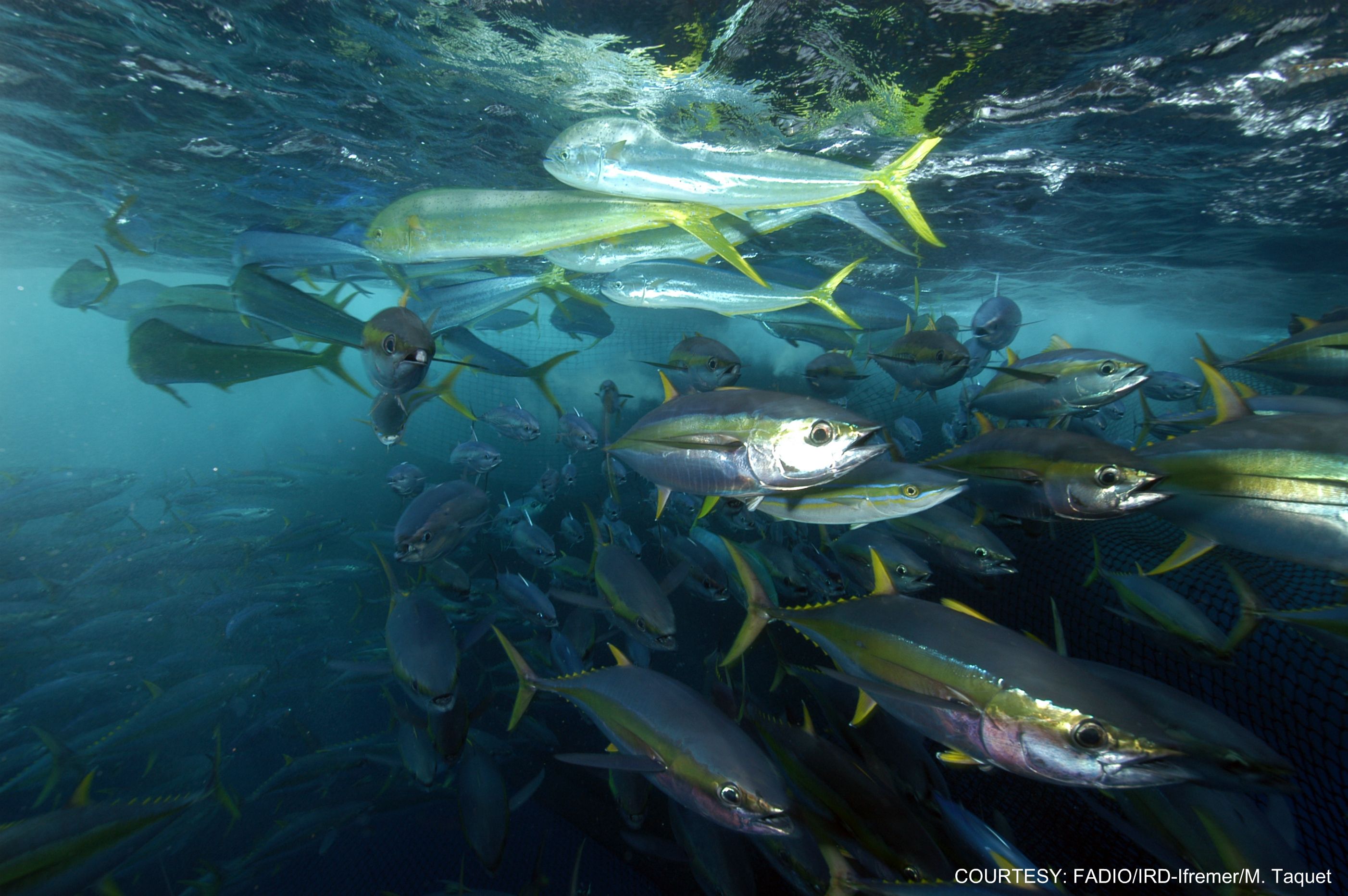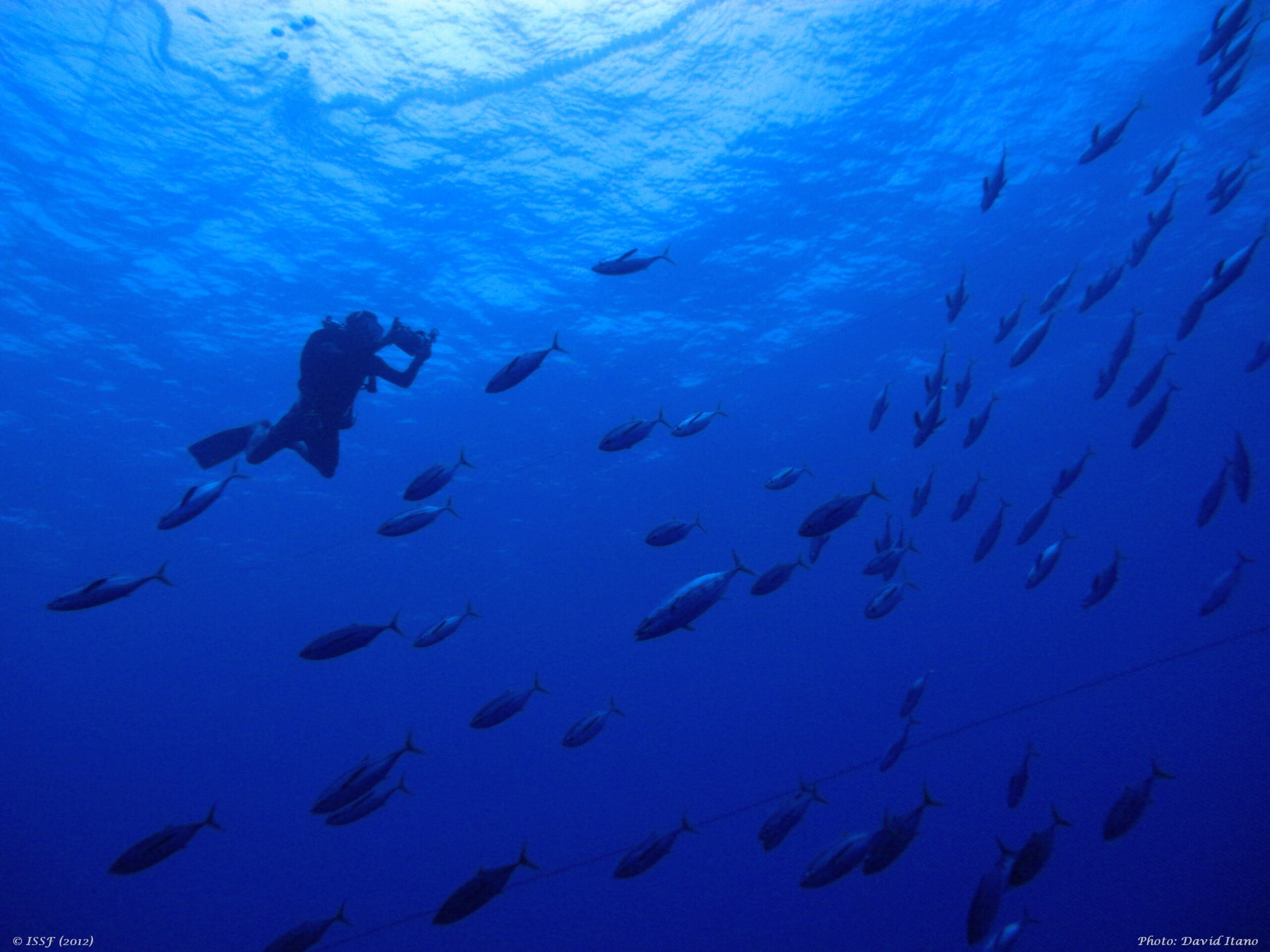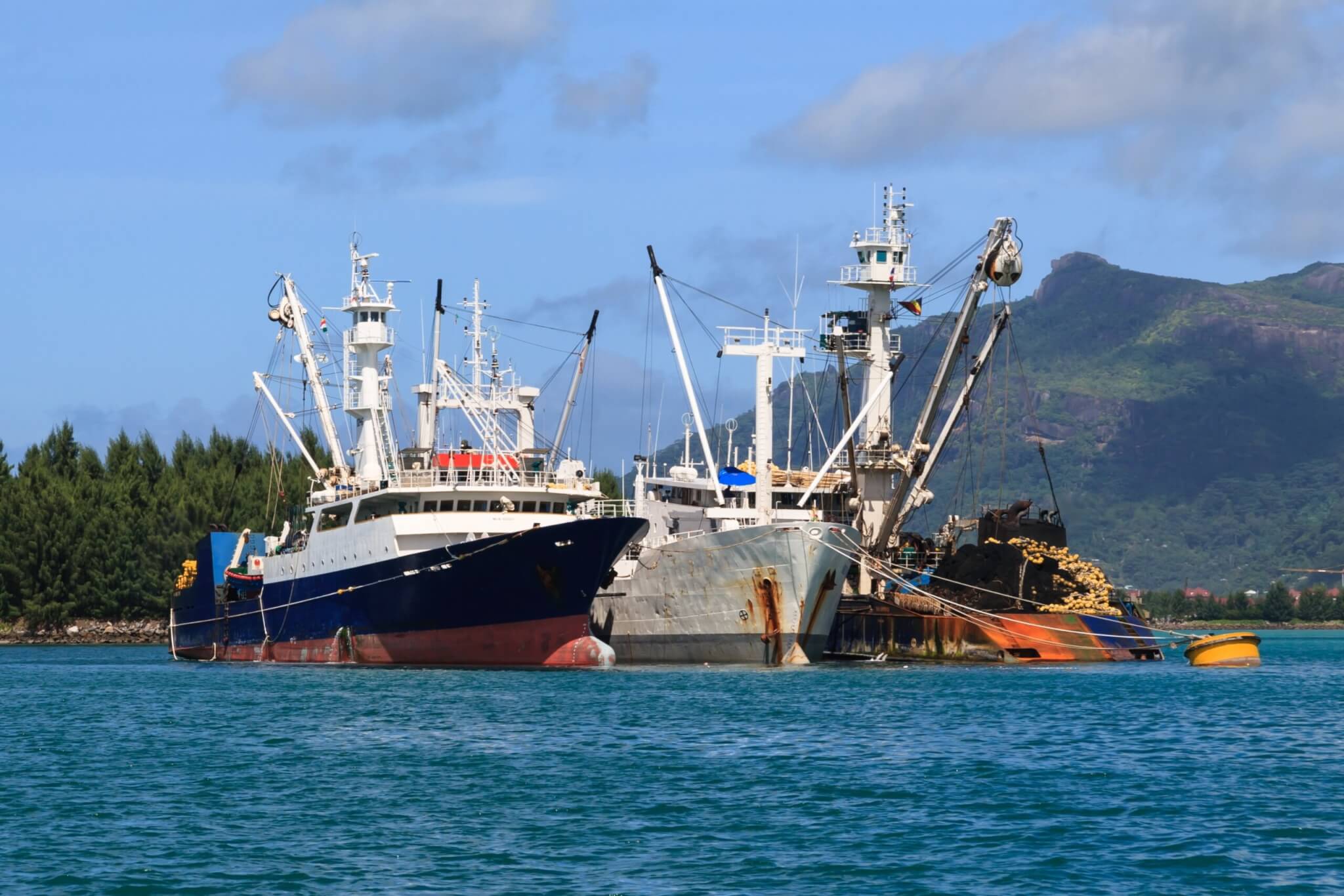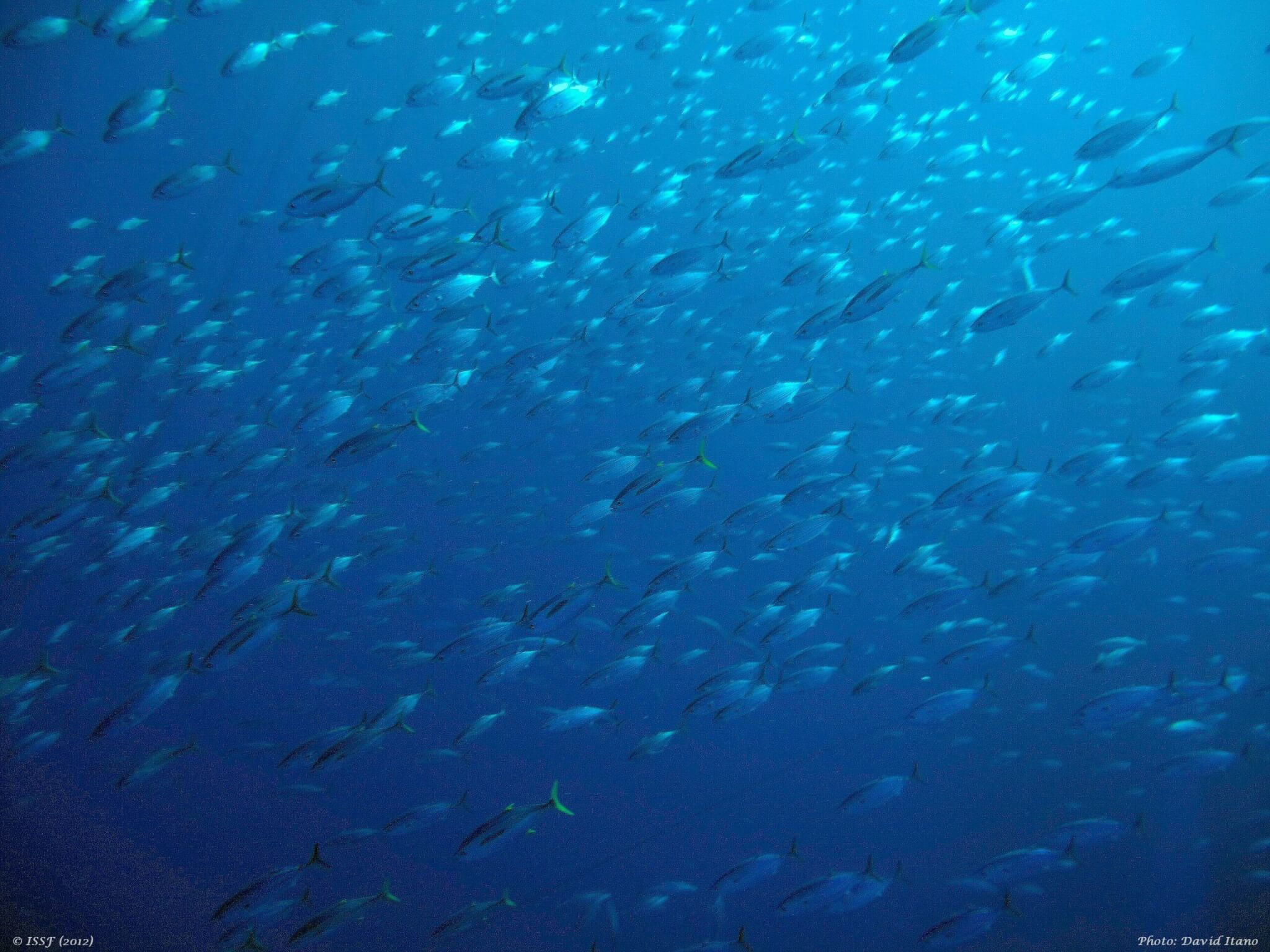
RFMOs Must Rise to the Challenge of Improving Fisheries Management During COVID-19
COVID-19 blindsided everyone in 2020. Yet crisis can galvanize people and institutions to rise to meet challenges and be their “best selves.” In important ways, the global catastrophe of COVID-19 has indeed spurred information-sharing, problem-solving, and other essential collaboration across borders and oceans.
In that spirit, we had hoped tuna regional fisheries management organizations (RFMOs) would have met their continuing fisheries-management responsibilities last year with even more urgency and commitment.
Undeniably, the pandemic complicated RFMOs’ already demanding conservation work. In the disruption, through virtual discussions, they thankfully were able to reach some necessary decisions — and also to acknowledge one “silver-lining” opportunity in particular. We highlight those outcomes here.
But for the most part, RFMOs set a too-low bar — and treaded water. This year, status quo simply will not do. Here’s why we think so.
IATTC Agrees to Extend 2020 Measures
One of 2020’s more dramatic RFMO moments was the Inter-American Tropical Tuna Commission (IATTC) failure, at its annual meeting, to agree on 2021 fishing effort limits, or closures and catch limits, as well as limits on fish aggregating device (FAD) deployments.
The negative response from stakeholders was swift and powerful, pressuring the Commission to hold an emergency meeting in December, at which IATTC ultimately agreed to extend important measures from last year into 2021.
While maintaining the status quo is hardly a victory, the extension does demonstrate the power of a unified outcry to impel RFMOs to fulfill their mandates. That’s something we’ll keep in mind this year as we continue our collaborative outreach to call for nimbler progress at IATTC and other RFMOs.
The RFMO “ecosystem” works best when united cross-sector stakeholders hold fisheries management bodies accountable.
IOTC Schedules March Meeting on Yellowfin Conservation
Unlike its peers in the Eastern Pacific Ocean, the Indian Ocean Tuna Commission (IOTC) did agree at its annual meeting to maintain the status quo, and extended its existing conservation measure for yellowfin tuna.
While this “business-as-usual” approach is understandable given the strange year that was 2020, it meant that the Commission avoided tackling much-needed reforms to ensure an effective rebuilding plan for vulnerable yellowfin tuna stocks. Instead, the Commission scheduled a March 2021 meeting on the matter.
In response, our colleagues in the conservation community, NGOs, processors and other industry stakeholders are mobilizing now to increase the likelihood that IOTC holds a productive meeting — one that results in decisions for yellowfin tuna based on the best scientific advice.
Pandemic Forces RFMOs to Suspend Observer Programs
Across many tuna RFMO regions last year, the pandemic forced fisheries managers to curtail or even suspend human observer programs on fishing and carrier vessels.
These moratoriums, while prudent, eliminated a depended-upon, objective source of fishing data that had been routinely flowing to RFMOs and governments. The resulting data gap has significantly hampered their ability to more fully monitor, assess, and oversee fishing activities.
RFMOs have not only an historic opportunity to address that gap but also the means to overcome it — in 2021 and beyond: They need to accelerate the adoption of electronic monitoring and reporting (EM/ER) technology for use in their tuna fisheries.
In fact, RFMOs’ will and skill to implement essential, comprehensive EM/ER programs could be considered a revealing gauge of their overall ability to meet present-day challenges as well as manage fisheries sustainably for the long term.
But Wait, There’s More: This Year’s Additional Priorities
Now that we’ve accepted virtual meetings and the lack of in-person negotiation as the new norm, ISSF is reinforcing high-priority asks for fisheries managers in 2021.
In addition to advocating science-based tuna management measures and EM/ER implementation, ISSF urges tuna RFMOs to make substantive progress on these other pressing issues:
- Establishing science-based FAD management measures — advancing the implementation of non-entangling designs made with biodegradable materials, strengthening compliance with existing FAD data submission requirements, requiring the provision of FAD position data, and adopting FAD marking guidelines
- Improving monitoring, control and surveillance (MCS) tools, such as regional observer programs and centralized vessel monitoring systems (VMS)
- Developing robust harvest strategies
Shared Commitment to Move Forward
The challenges of 2020 have hardly eased just because it’s a new year. But RFMOs, tuna managers, scientists, and other stakeholders begin 2021 with almost one year of virtual information-sharing and decision-making experience under our belts. We can meet virtually without settling for minimum action — and stalling sustainability progress.
In 2021, RFMOs must do better. We trust they recognize that — and will.


